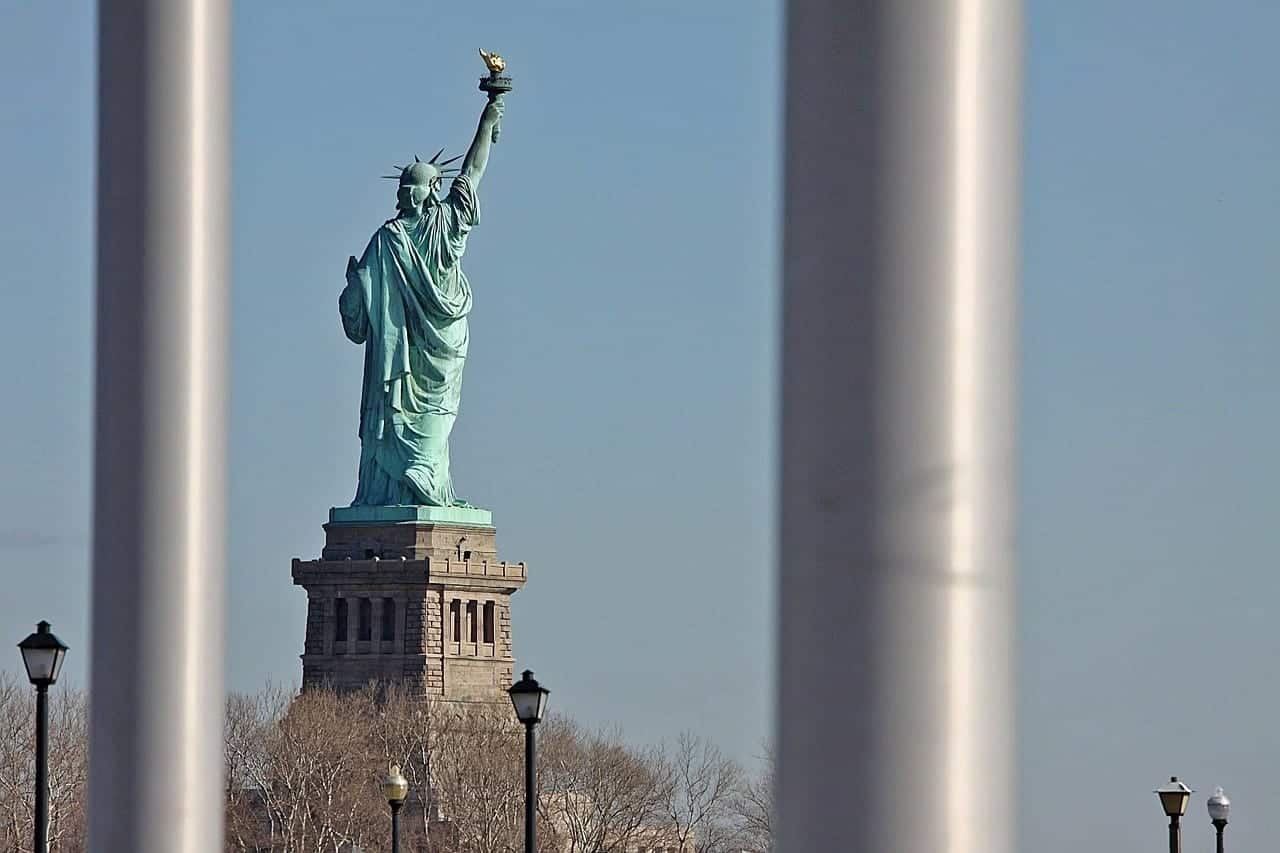
Immigration law permits the deportation of a non-citizen who commits any aggravated felony or “crime of moral turpitude.”
The current administration plans to utilize this law to permit more deportations, and, in some instanceS, to engage in mass “unjust” deportations.
It is expected that immigration courts will soon face a groundswell of cases related to immigration crimes—those that make a non-citizen eligible for deportation. Section 237 of the Immigration and Nationality Act (INA) sets forth the reasons for deplorability. Beyond the aggravated felony and moral turpitude offenses, the following is a list of some other behaviors that can result in deportation:
- Domestic violence;
- Failure to advise U.S. Citizenship and Immigration Services of a change in address within ten days of moving;
- Committing marriage fraud;
- Participating in the smuggling of other non-citizens into the U.S.;
- Drug abuse/addiction, or conviction for drug-related offense other than most misdemeanor marijuana offenses;
- Committing documents fraud (such as mortgage documents); and
- Falsely claiming to be a U.S. citizen.
This list makes it clear that the new administration has a significant number of factors they can rely upon for deportation absent an aggravated felony or moral turpitude offenses
What Specific Crimes Are Eligible For Deportation?
James Dimaya moved to the United States from the Philippines in the 19‘90s. He became a lawful permanent resident at the age of 13. In 2007 and 2009, he was convicted of residential burglary. The government sought deportation on the grounds that he was convicted of an “aggravated felony.” Now, he is the center of a Supreme Court case, Lynch v. Dimaya.
The case is causing considerable debate among Supreme Court justices about what crimes are worthy of deportation. While some of the justices have indicated that some of the current laws are draconian and don’t work in our world today, the question is how these laws can be replaced. Standards for deportation have been debated in previous cases, and it always comes back to finding a solution that accurately weighs the risk of future crime. It’s something that is still very much up in the air.
Further complications arise from the fact that immigration crimes do not just concern criminal cases, but also civil cases. Creating overall standards and methods of scrutiny for immigration offenses would require using them for both criminal and civil cases, and the Supreme Court is not sure if they want to do that.
Because of all the ramifications involved, this case could take quite a long time to decide. You can be sure, though that the Supreme Court will be making it a priority in the coming months.
What Happens in the Meantime?

Even if the Supreme Court wanted to put Lynch v. Dimaya aside, they might just be turning their attention to another case regarding immigration crimes. Deportation is not an overnight process. Months may go by between getting charged with a crime and the decision that determines the non-citizen’s fate. In the meantime, what are they doing?
Many non-citizens spend months in immigration detention facilities often being mistreated while they await a deportation hearing and the potential of deportation.
The deportation process is riddled with inequities. For example, if a non-citizen spends months, even years, awaiting a deportation hearing and a decision not to deport is made, they will have spent all that time in custody for no good reason.
The Supreme Court is currently looking over another law that allows non-citizens to be held indefinitely while awaiting a deportation hearing.
In 1996, the 9th Circuit Court of Appeals required judges to hold a hearing for non-citizens who had been jailed for six months while they fight deportation. Such a preliminary hearing could possibly result in release from custody if the individual poses no flight risk.
Conservative immigration officials, however, are asking Supreme Court justices to remove this requirement, and some believe it to be a good idea.
What Happens Next?
With the new administration, it seems as though anything goes. Immigration laws may change soon. We will most certainly see an increase in deportation proceedings.
If you are a non-citizen and face deportation possibilities, contact a federal immigration crimes lawyer immediately upon arrest or being charged.



